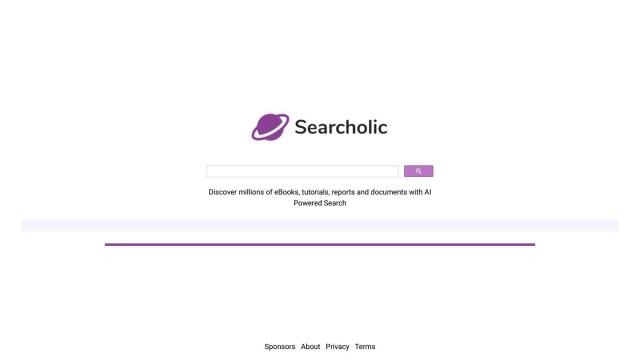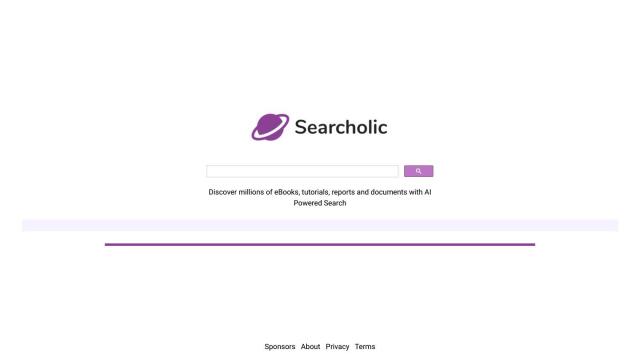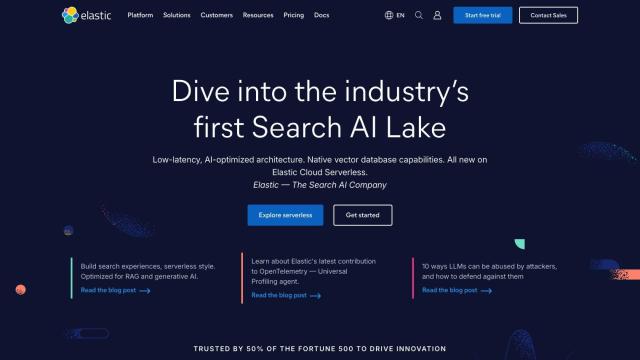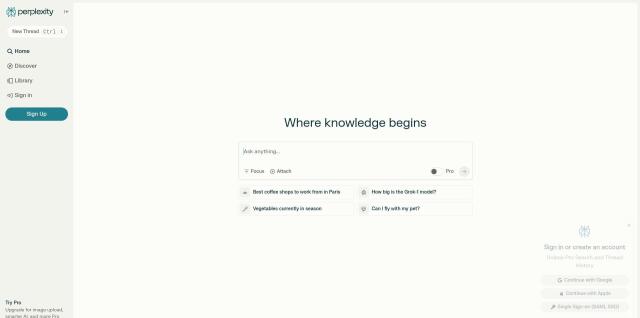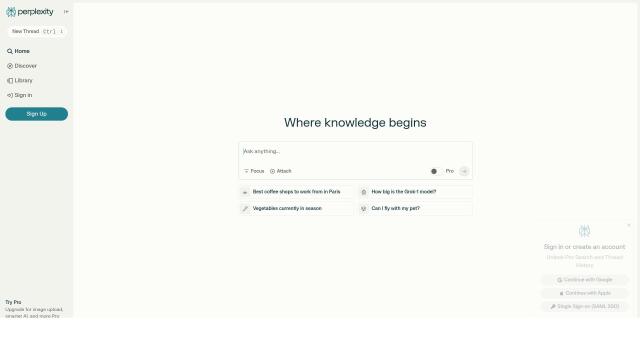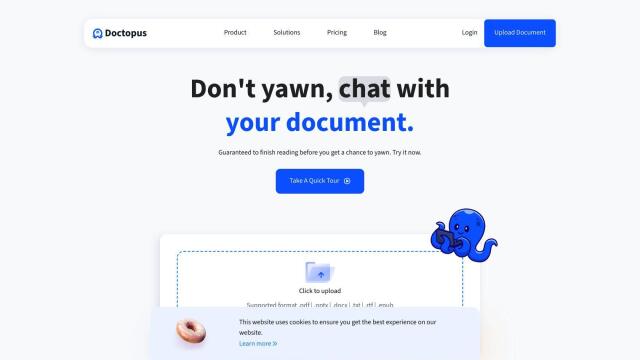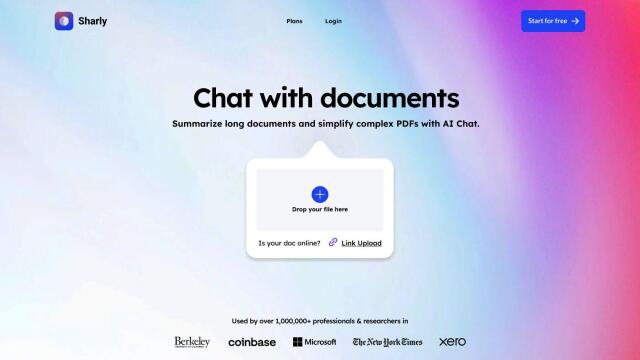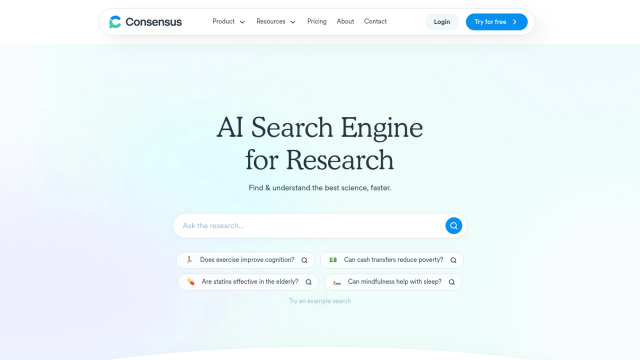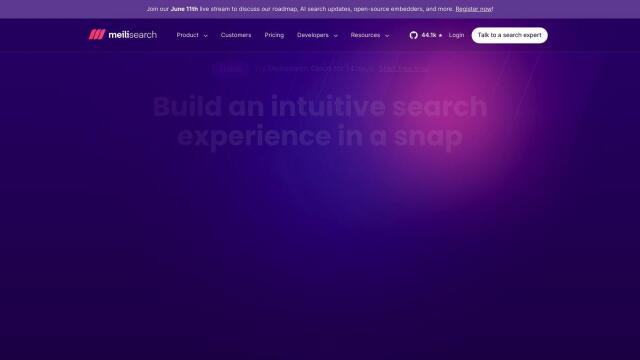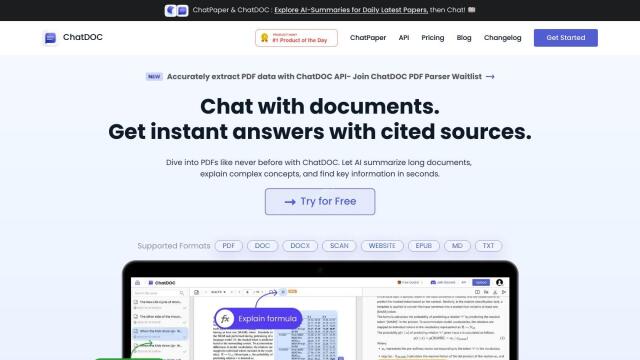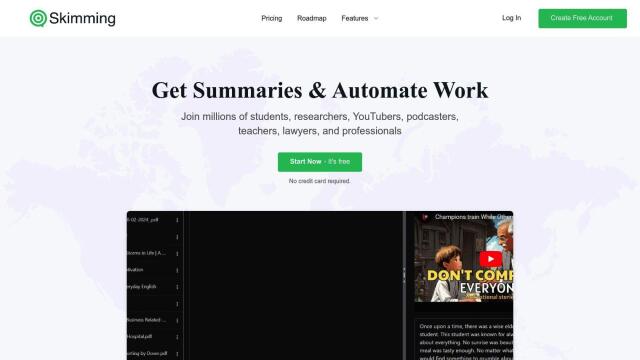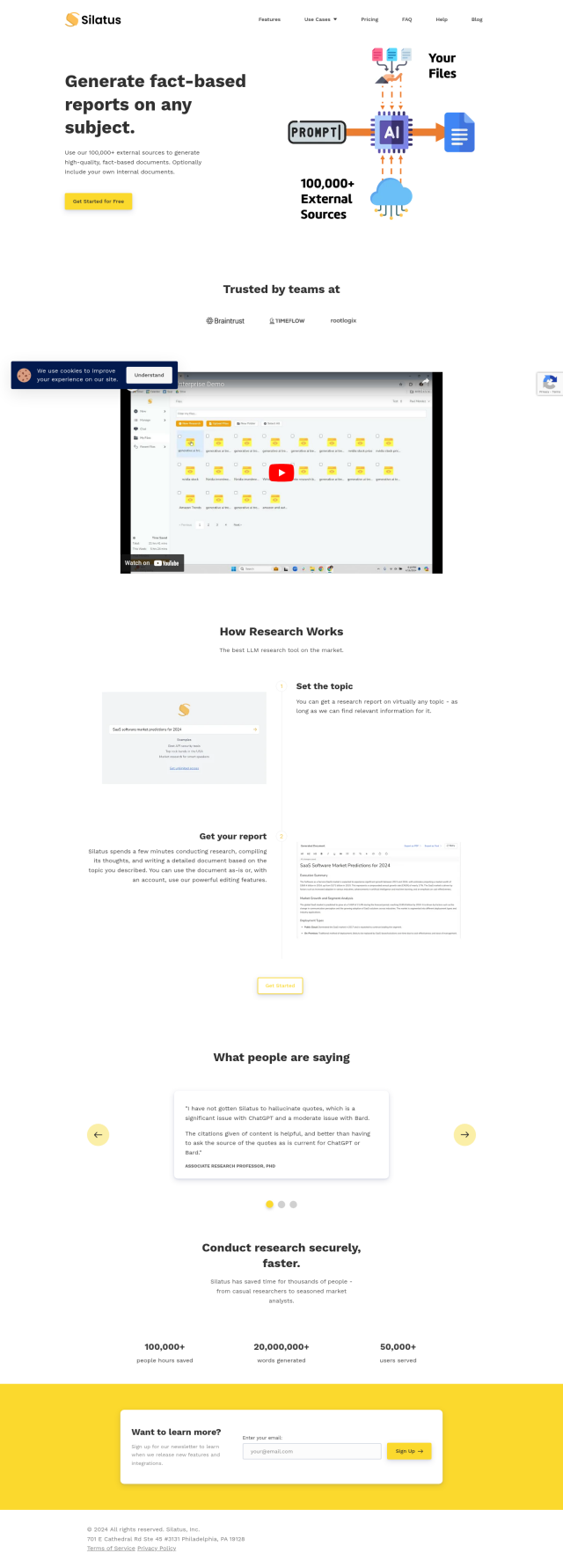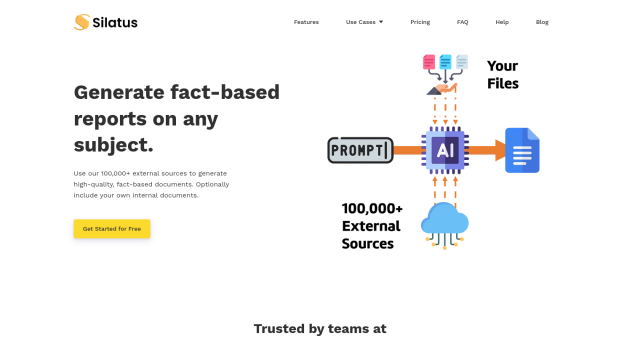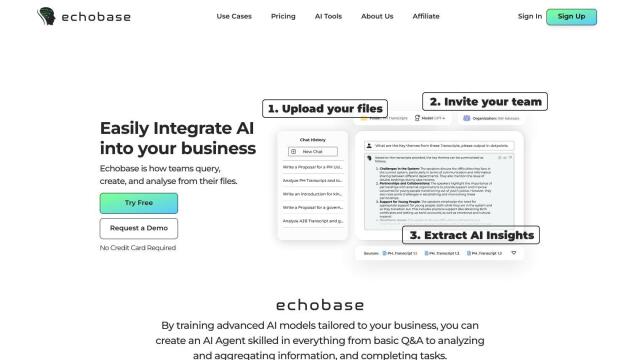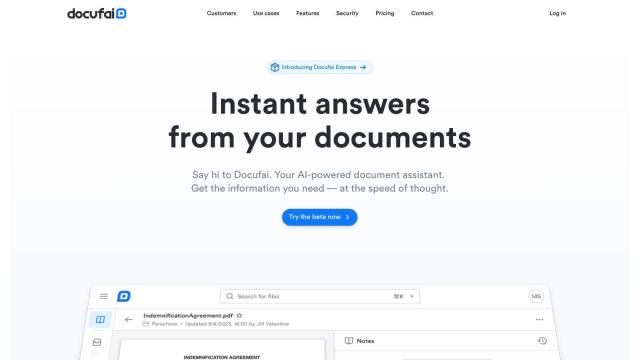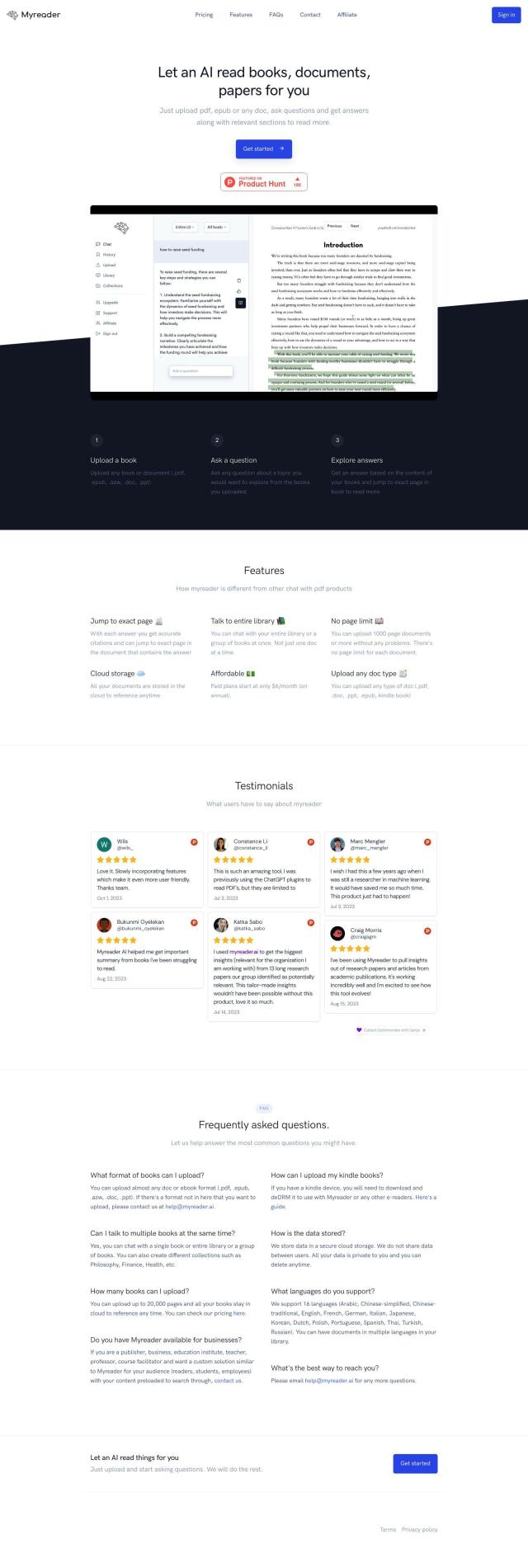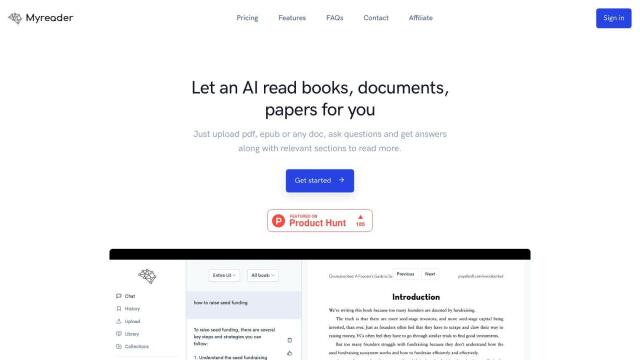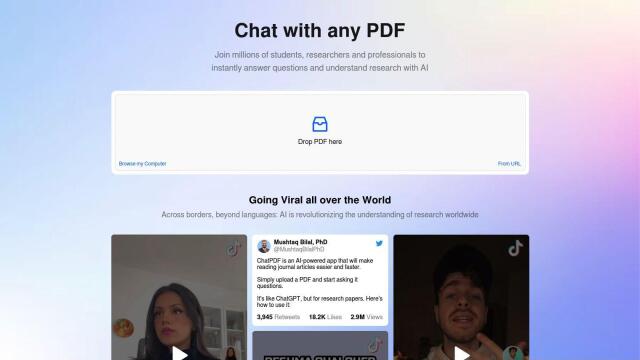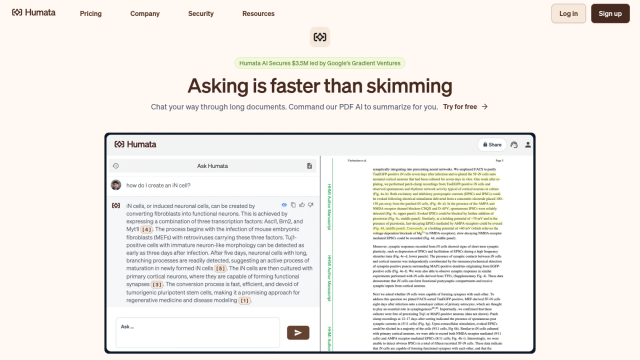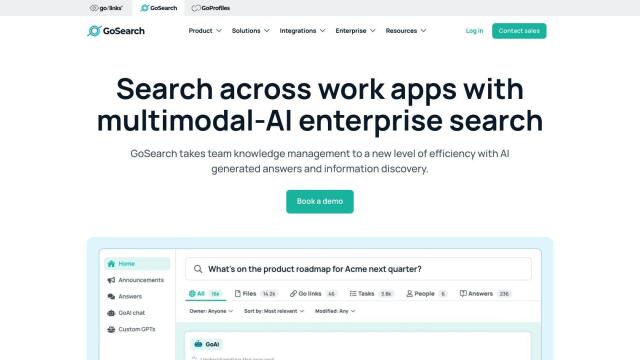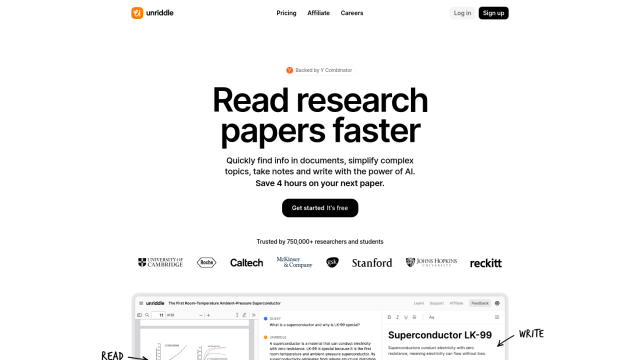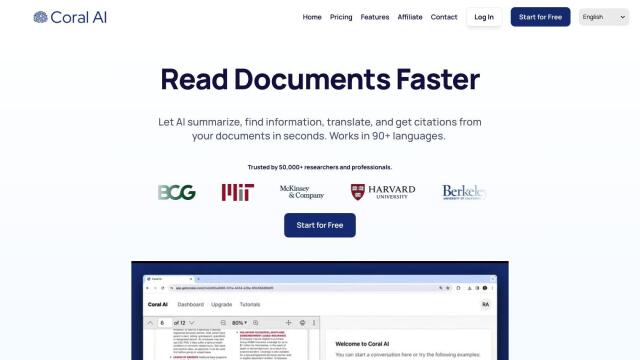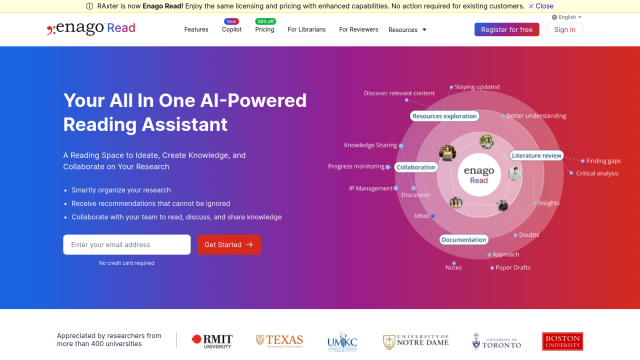
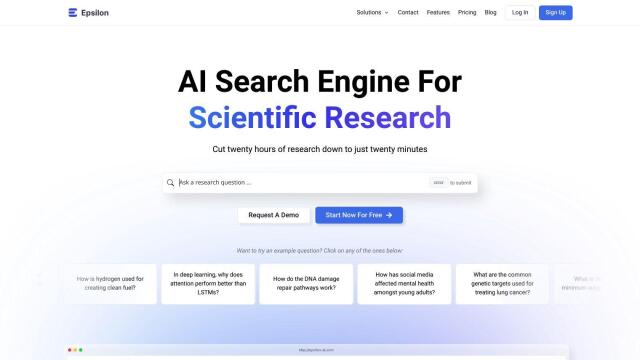
Epsilon
If you're looking for something other than Searcholic, Epsilon is another top contender. Epsilon is an AI-powered search engine that helps accelerate scientific discovery by finding relevant citations, summarizing content, and synthesizing insights. It's got a lot of heft with features like Investigate for summarized answers, Search for organizing publications and patents, Validate for extracting key information, and Synthesize for creating detailed summaries. More than 30,000 researchers use the service, and results are vetted to ensure they're factual and trustworthy and backed by academic literature.
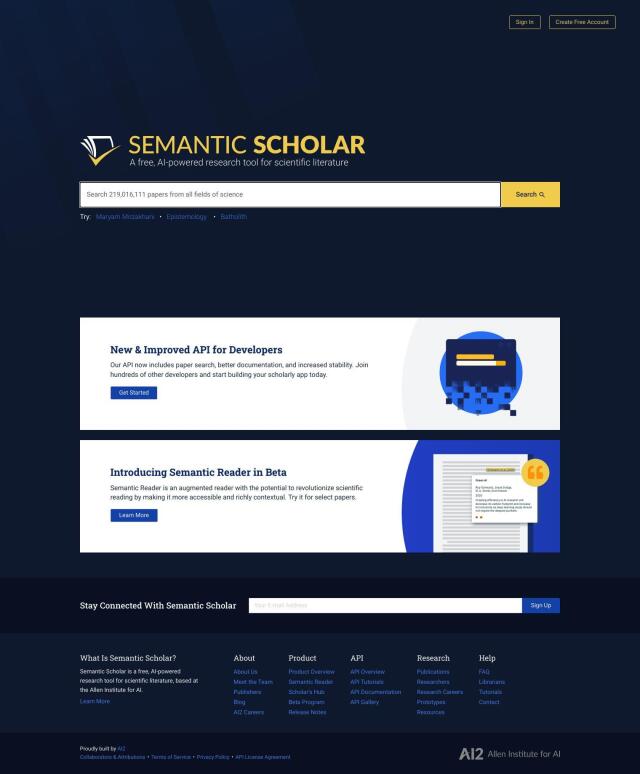
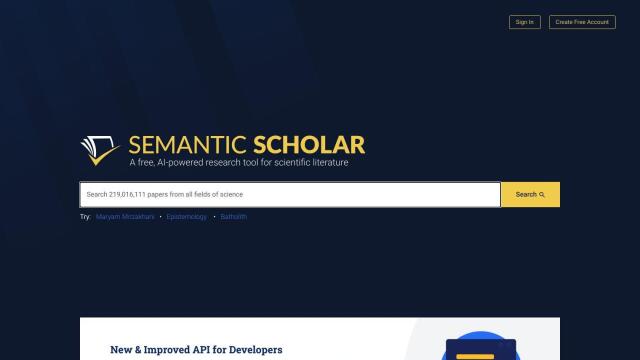
Semantic Scholar
Another top option is Semantic Scholar, a free AI-powered research service that lets scholars search for and read relevant scientific papers in a massive database. It's got powerful search filters and brief summaries, and tools to cite papers, organize papers into folders, create AI-powered research feeds and track research activity. Semantic Scholar also recommends papers based on your interests and AI-generated definitions, making it a great way to dig deep.


Elicit
If you want a more interactive research assistant, Elicit is worth a look. Elicit lets you quickly find, summarize and extract data from more than 125 million academic papers. It can help you with tasks like speeding up literature reviews, finding new papers and automating systematic reviews. Elicit's language models are trained with user feedback to try to improve results, so it's a good option for researchers in empirical subjects like biomedicine and machine learning.

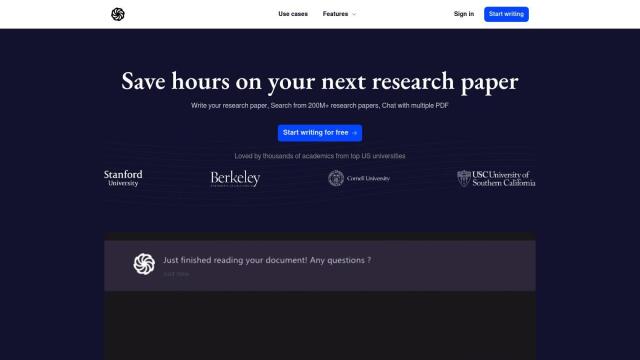
Doclime
Last, Doclime takes a different approach by automating the research paper writing process. It offers tools to find relevant academic literature, extract facts and write papers. Doclime comes with a brainstorming tool to generate research ideas and an AI writing assistant that can help with autocomplete, paraphrasing and outline generation. The idea is to save hours of work by automating the research paper writing process, helping academics get past writer's block and meet deadlines.
